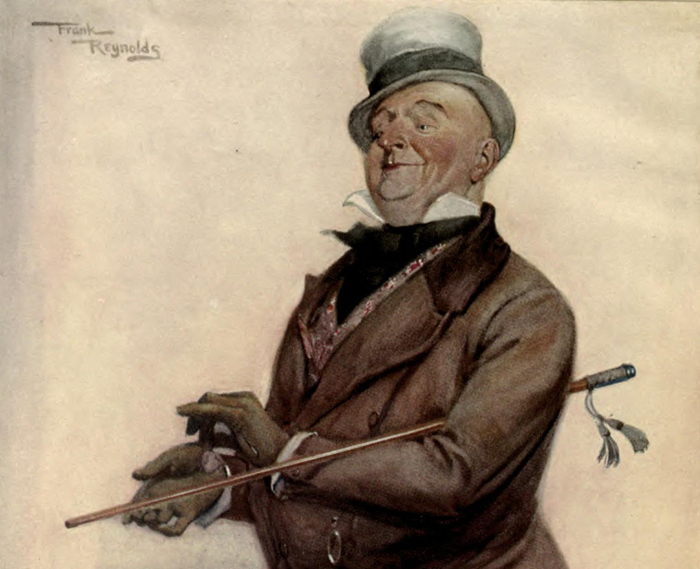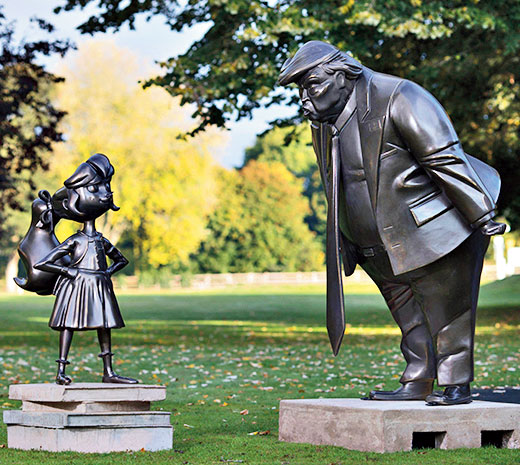Something always turns up for Mr Micawber only because he believes it will. The cheerily improvident figure created by Charles Dickens probably comes closest to the idea of the optimist in popular imagination. Confined within the famous Debtors’ Prison with his faithful wife and posse of children, Mr Micawber never loses faith that something will turn up. His brand of optimism is somewhat different from that of Professor Pangloss, Candide’s mentor in Voltaire’s 1759 satire of the same name. Pangloss, in a caricature of the philosopher, G.W. Leibniz, the target of Voltaire’s barbed pen, believes that all is for the best in this best of all possible worlds. Mr Micawber makes no such sweeping claim, poor chap, but just keeps hoping that something or other will rescue him one day from his very imperfect state of being.
So which kind of optimist is longest lived? Recent research by scientists in the Boston area shows that optimists live longer than pessimists. Since two of the characteristics of these optimists is that they expect good things to happen in the future and can put a positive spin on whatever happens, perhaps it is the Micawberish kind of unfailing confidence that is more desirable. Pessimists, it seems, had always suspected this rather unfair connection of philosophy with longevity, but the Boston research seems to have validated the idea more than any earlier study. For example, previous research had shown that optimists had a lower risk of chronic diseases and premature death — obviously they cross roads by methodically looking both ways twice and do not jump red lights when driving — but the new research, the scientists claim, takes things a step further. Does it though? Except for asserting that optimistic people deal with stress better, bounce back sooner from crises and are protective of their anchoring relationships — none of which makes the grade as a startling revelation — the research does not seem to have reached the stage of making specific, identifiable links between attitude and longevity. Pessimists, who presumably do not feel excited about existence in general and outcomes in particular, could very well ask what a long life would be for. Further misery? Is the earth not already tottering with the burden of aged populations?
They could also wonder why such research was necessary. In 2013, a study by the American Psychological Association concluded that pessimists live longer than optimists. Seeing gloom ahead, they tend to take protective action, especially healthwise. Optimists are casual, leaving medical symptoms till too late, expecting them to go away. Or, Micawber-style, believing always something will turn up till the market crashes. The Boston research says, however, that optimists, being positive people, protect their health in stressful situations, exercise more and smoke less. Is there a moral in this confusion then? Cheer up and think positive, because this best of all possible worlds is about to either melt or go up in flames.













